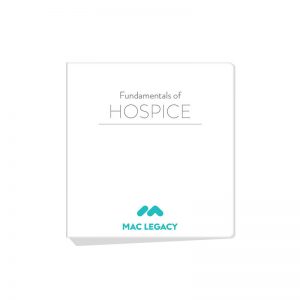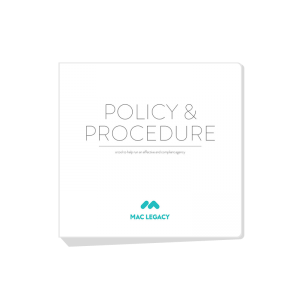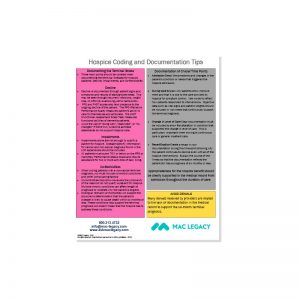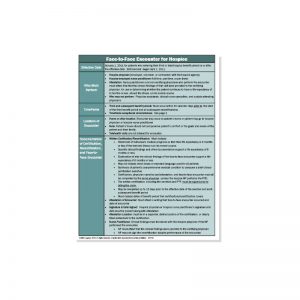- Inadequate Documentation of Terminal Illness: Hospice services are generally provided to individuals with a terminal illness. Insufficient documentation proving the patient’s terminal status or prognosis may lead to denials.
- Lack of Face-to-Face Encounter: Some hospice services require a face-to-face encounter between the attending physician and the patient to determine the eligibility and need for hospice care. Failure to document this encounter may result in denials.
- Inaccurate Length-of-Stay Determinations: Hospice services are typically provided based on the patient’s prognosis, and some denials may occur if there are discrepancies in the length-of-stay determinations.
- Documentation of Hospice Eligibility Criteria: Ensuring that the patient meets the specific eligibility criteria for hospice care is crucial. Inaccurate or insufficient documentation of eligibility can lead to denials.
- Failure to Meet Continuous Care Criteria: Hospice providers may offer continuous care during periods of crisis. Denials can occur if the documentation does not support the need for continuous care during these critical periods.





